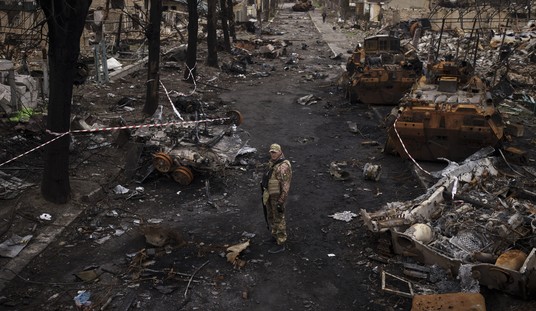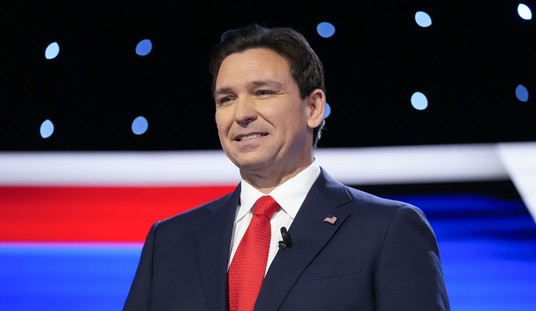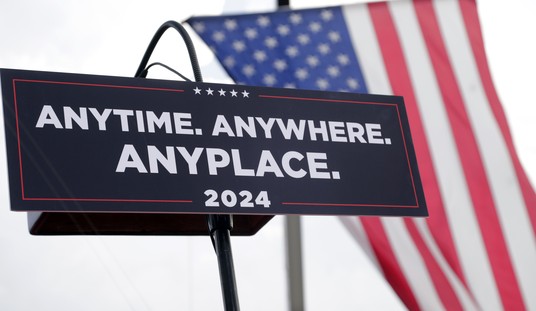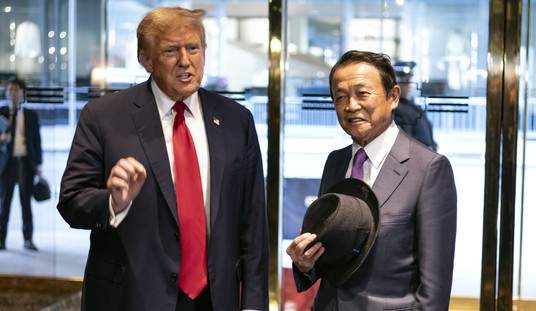Do reporters have immunity from subpoenas in federal investigations of government leaks? Journalists assume they do, but a Supreme Court decision to reject the appeal of New York Times reporter James Risen suggests otherwise. Risen, who lost an appeal at the 4th US Circuit Court of Appeals, had hoped that the Supreme Court would intervene to block an attempt to press him into revealing his sources for his book, State of War:
The U.S. Supreme Court on Monday denied the appeal of a New York Times journalist who has refused to testify about anonymous sources in an ongoing criminal probe.
The justices, without comment, refused to intervene in the case. …
In the case, the federal government alleges former CIA employee Jeffrey Alexander Sterling gave Risen classified information about efforts to stop Iran from developing nuclear weapons. Risen allegedly used leaked information in his 2006 book “State of War.”
Risen refused to testify in Sterling’s criminal prosecution, and appealed July’s ruling by the U.S. 4th Circuit Court of Appeals compelling him to do so.
In order to grant cert and hear a case, four justices have to agree to add it to the docket. In this kind of case, where an ongoing court proceeding makes the potential for damage both substantive and acute, the court would be more likely to accept a case dealing with a significant constitutional issue. In these circumstances, a failure to even get a hearing at the Supreme Court says much about the orientation of the court in regard to a supposed constitutional right to refuse to testify in legitimate criminal prosecutions. If nothing else, the court has four liberal jurists and perhaps one libertarian in Antonin Scalia that might have been presumed to have some sympathy for this argument.
It’s also likely to produce even more pressure on Congress to provide a shield law to protect journalists like Risen. Unfortunately, most proposals attempt to have government define journalists rather than protect journalism. The most recent also included an exception large enough for a government-driven Mack truck to drive through, as well as create government-approved classes of journalism. That exception would have meant that Risen would still have to testify in this specific case, as this is an investigation touching on legitimate national-security concerns.
The decision is also about to put the Obama administration, and Eric Holder in particular, on a political hot seat:
Last week, Attorney General Eric Holder told a group of media executives that no reporter would ever be jailed while he is in office for carrying out news gathering duties, according to a Justice Department summary of the meeting.
Last summer the Justice Department also pledged to tighten its criteria for targeting journalists in leak cases.
So far, Risen isn’t being let off the hook for his testimony. That means that Holder’s pledge will come up against a hard reality when Risen refuses to testify and reveal his sources. Either the DoJ will have to pursue obstruction and/or contempt charges against the reporter for his “news-gathering duties,” or concede and look impotent. I’m guessing the promise will expire before the surrender occurs.








Join the conversation as a VIP Member